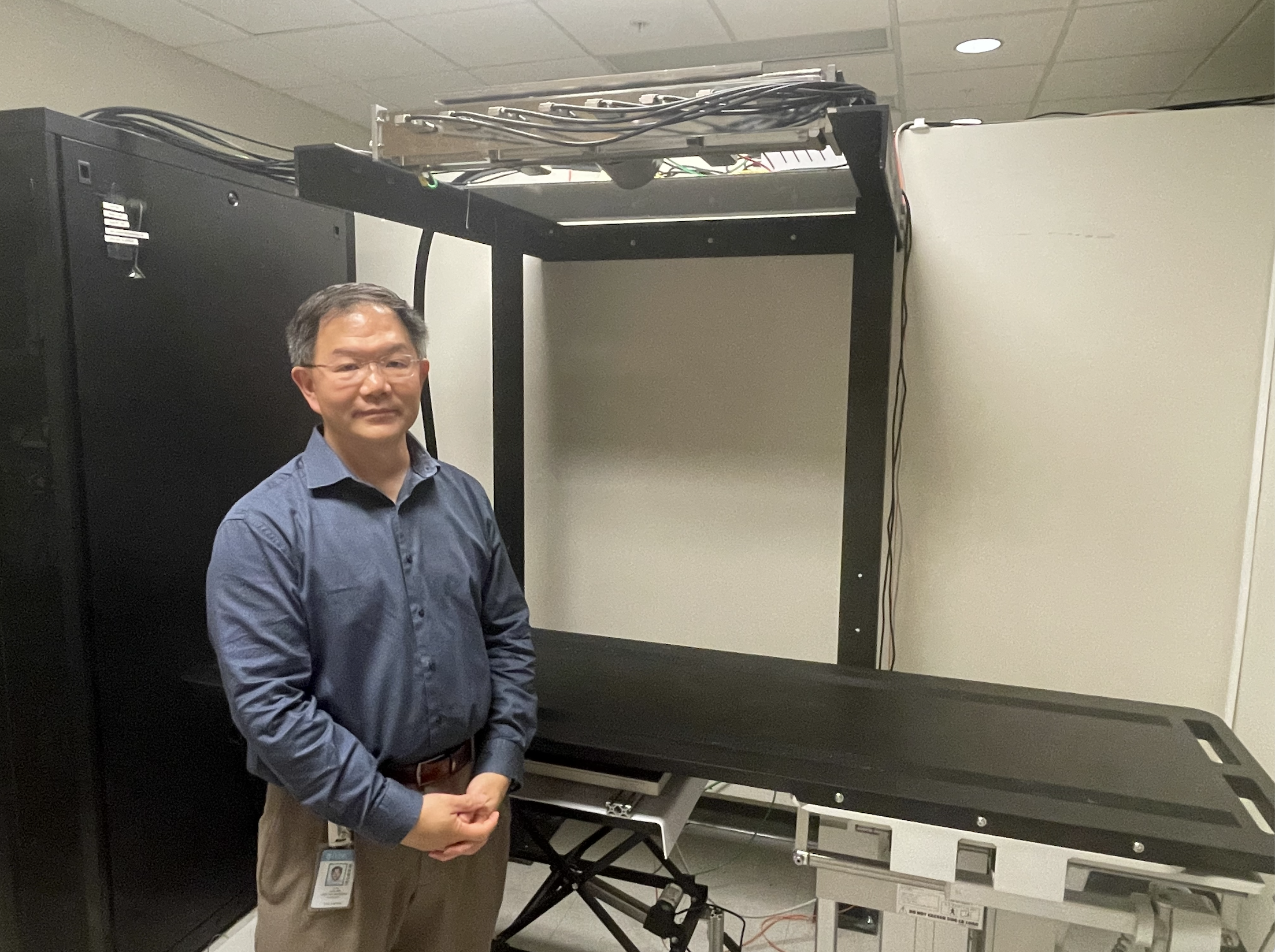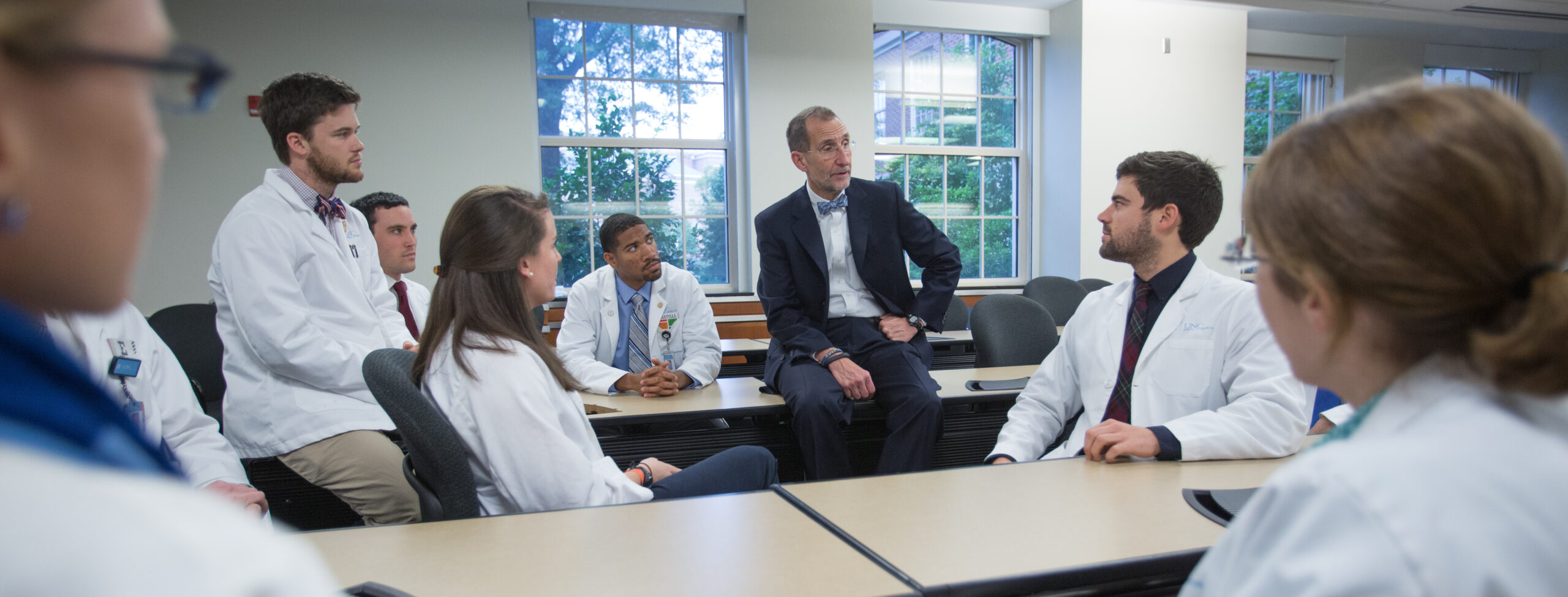Researchers at UNC are celebrating three $50,000 grants from the University’s School of Medicine. The money is dedicated to Zika research and will help scientists and doctors better understand how the disease is spread and how it affects brain cells.
Dr. Blossom Damania is the incoming vice dean for research at UNC’s School of Medicine. Her specialties in microbiology and immunology will help to guide a team of Zika researchers with the new funding.
“We really value our researchers and this is also why we awarded these grants. We want to jump-start and boost research already being conducted at UNC to fight against the Zika outbreak.”
The grants, called Emerging Challenges in Biomedical Research, will aid the study of Zika’s newly discovered link to Microcephaly – a rare neurological condition that causes infants to be born with unusually small heads, due to abnormal brain development.
This condition is a new addition to Zika, causing researchers to believe the virus is mutating.
“This is a different strain of the virus, or there’s something else. There’s a co-factor involved in why Zika is suddenly causing Microcephaly and Guillain-Barré syndrome.”
Guillain-Barré syndrome is the other newly discovered disease linked to Zika. A rare nervous system sickness, it attacks the immune system and damages nerve cells, causing muscle weakness or even paralysis.
Damania says the threats of these diseases are pushing researchers to work even harder.
“That’s just nature telling us that we don’t know as much as we should. So that’s why we do research to understand how things change – how we think that a virus that we thought had no disease can suddenly appear in the human population.”
About 75% of people infected by Zika don’t show any symptoms, Damania says, meaning that a critical issue is diagnosis. A lab test for Zika has not yet been developed, but Damania is hopeful that this new funding will help gain new insights into how the virus functions.
“What we hope is that this will position UNC investigators to get additional extramural awards from national institutes of health like the CDC and USAID that will increase our ability to mitigate the impact Zika has on human life.”
While the grants will help advance Zika research, Damania warns that progress is still slow.
“One thing to keep in mind is that this is evolving and that research is a slow process. Even though people are working fast, it might take us a while to develop effective vaccines.”
Although scientists have known about the Zika virus since 1947, Damania says it’s an ever-changing mystery that UNC researchers are committed to solving.
Related Stories
‹

UNC Health CEO, School of Medicine Dean Dr. Wesley Burks Stepping Down in SeptemberThe UNC Health system announced Tuesday its CEO and the UNC School of Medicine's dean Dr. Wesley Burks will step down on Sept. 1.

UNC Sees 30 Graduate Programs Place Highly in 2025 U.S. News & World Report RankingsTwo UNC graduate schools placed in the top three of their respective categories in the 2025 rankings shared by the U.S. News & World Report.

'That Is The Point Of Higher Education': UNC Medical Professors Stress the IntangiblesShould college classes only focus on the skills that translate directly into higher pay? UNC medical professors agree: absolutely not.

UNC Team Aims to Use Research Funding to Bring Medical Screening to Rural AreasOne of the UNC projects that earned Creativity Hubs funding focuses on bringing advanced medical screening to underserved rural populations.

UNC Celebrates Opening of Roper Hall, New Home of School of MedicineUNC officially unveiled Roper Hall, the new 172,000 square-foot home of the university’s School of Medicine, in a special ceremony on Monday night. The building is named for Dr. Bill Roper, dean of the School of Medicine from 2004-2019. Roper also formerly served as both interim president of the UNC system and CEO of UNC […]

UNC to Get Infectious Disease Treatment DesignationUniversity of North Carolina hospitals will soon be designated as a treatment center for patients with highly infectious diseases in the region.

UNC School of Medicine Research Named to Forbes' Healthcare Innovators ListA UNC School of Medicine and UNC Health researcher known for studying perinatal depression just landed another honor to her decorated career. In its recent list of “16 Healthcare Innovators That You Should Know,” Forbes included Dr. Samantha Meltzer-Brody, a long-time UNC faculty member and innovator in studying women’s mood disorders. The magazine pens that […]

New UNC Medical School Building to be Named in Honor of Dr. Bill RoperA new building under construction for the UNC School of Medicine will be named in honor of Dr. Bill Roper, a long-time leader of the school. Roper, who served as the dean for the School of Medicine and the CEO of UNC Health from 2004 until 2019, will be honored by having his name on […]

UNC, Duke Establish Joint Alzheimer's Research Center with NIH GrantUNC and Duke are teaming up to establish a joint Alzheimer’s Disease Research Center. One of 33, the UNC-Duke center plans to focus on how factors relating to the development of Alzheimer’s arise later contributing to racial, ethnic, and geographic disparities in developing dementia.

UNC Researchers Find College Drinking Declined Early in the PandemicAlcohol consumption among first-year college students at UNC declined during the early stages of the pandemic, according to a recent study.
›











